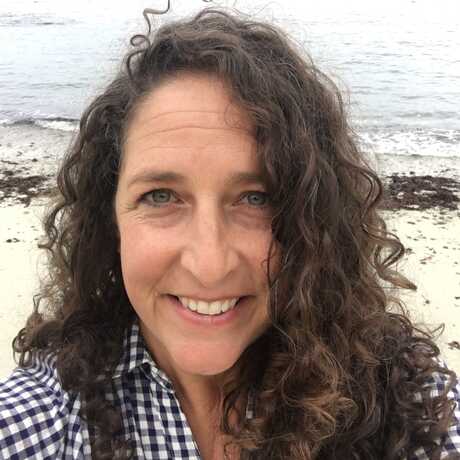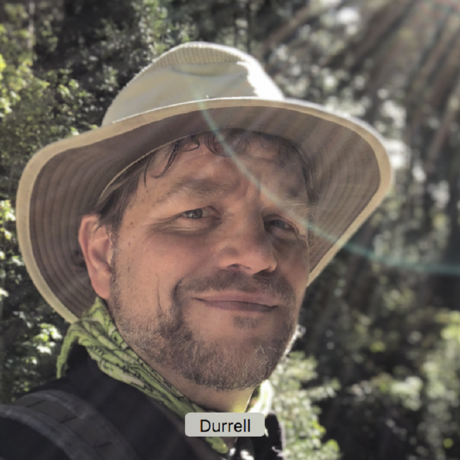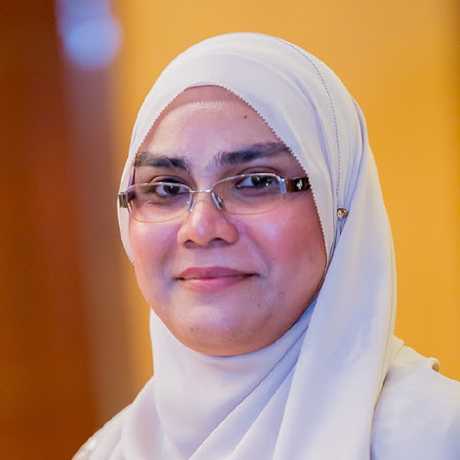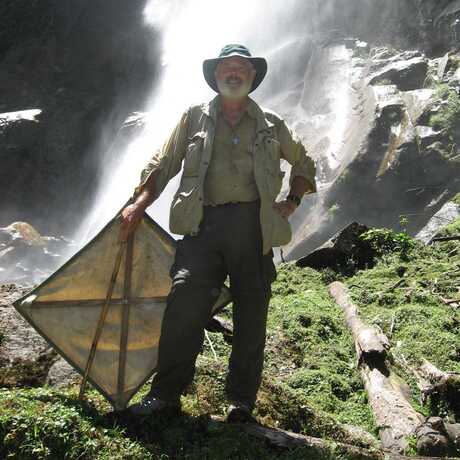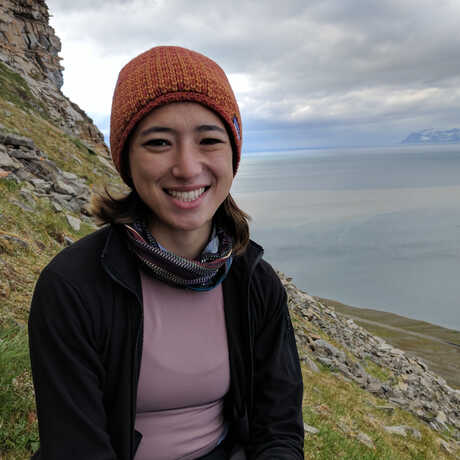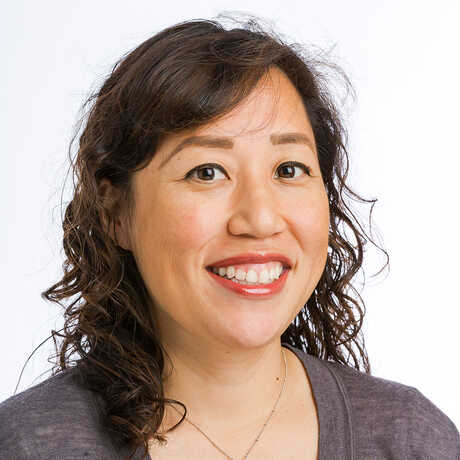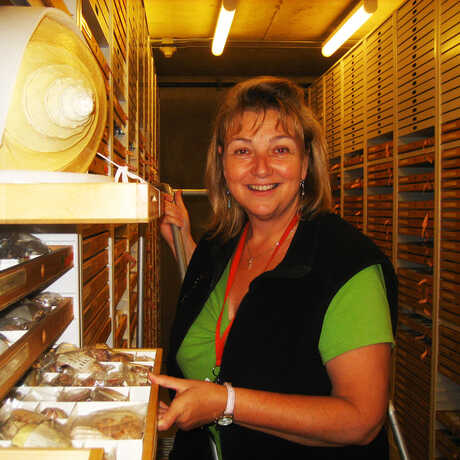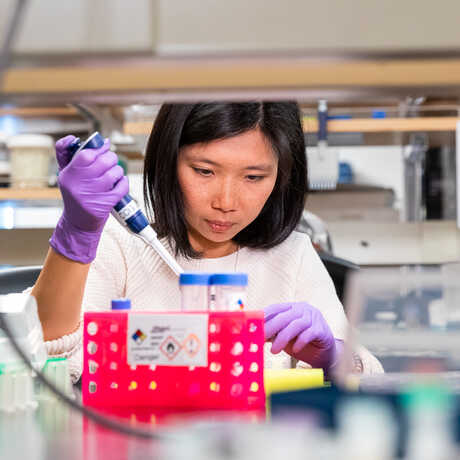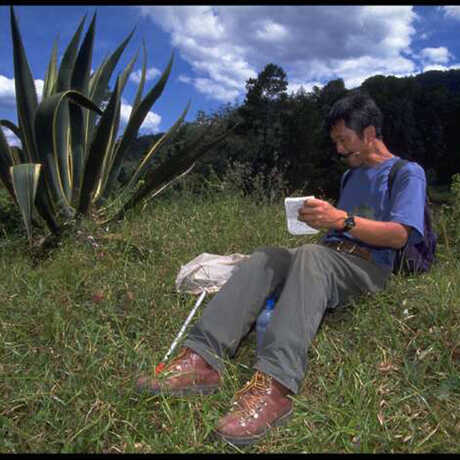Search for Academy curators, collections managers, and research staff working to answer some of the world's most pressing scientific questions.
I direct the Center for Biodiversity and Community Science and the Thriving California initiative at the California Academy of Sciences. For most of my academic career, I have focused on color pattern evolution and untangling the evolutionary history of nudibranchs.
To understand and help sustain our biodiverse planet, my lab at the California Academy of Sciences engages in transdisciplinary scienceto seek solutions to challenges from conservation to emerging infectious disease to forest resilience in a changing climate. I work in close collaboration with several groups at the Academy including the MicroLife lab as well as Entomology, the Center for Comparative Genomics and Ornithology and Mammalogy.
Dr. Nur Faeza Abu Kassim is a medical entomologist that specializing in mosquito role of transmitting mosquito-borne diseases. Her work focuses on the biology, ecology, genetics and control of vector mosquitoes. The main research interest is on vector mosquitoes and its role/relation into epidemiology of disease transmission, mosquito-microbiome and novel mosquito control strategies such as sugar bait technology and odor mediated nectar-foraging for mosquito-borne diseases particularly from flavivirus group.
Systematics, biogeography, evolution, and natural history of carabid beetles (Coleoptera: Carabidae).
Changes in the altitudinal distributions of montane carabid beetles as indicators of climate change.
Biogeography, ecology, and evolution of high-altitude, montane organisms and faunas.
General aspects of biogeography and evolution.
General principles and methods of systematics.
Rebekah Kim has worked more than 10 years as a well-respected library professional in the Bay Area at institutions such as Dolby Laboratories, Google, the Computer History Museum, the GLBT Historical Society and The Yerba Buena Center for the Arts. In these roles, she helped capture Google’s early history, assisted the production team for the movie “Milk” (2008, directed by Gus Van Sant) and processed physical and digital archival materials from the dawn of the computing age.
